JOB: Job Orientation – Better fit
The project aims to prevent drop-outs by improving the match between applicants’ professional interests and the actual requirements and expectations of companies. The objective is to develop tools that can be implemented as easily as possible in companies and are geared towards the needs of the companies.
The project is co-funded by the European Union as part of the Erasmus+ programme and will be carried out by a total of five project partners from four different countries until the end of January 2026.
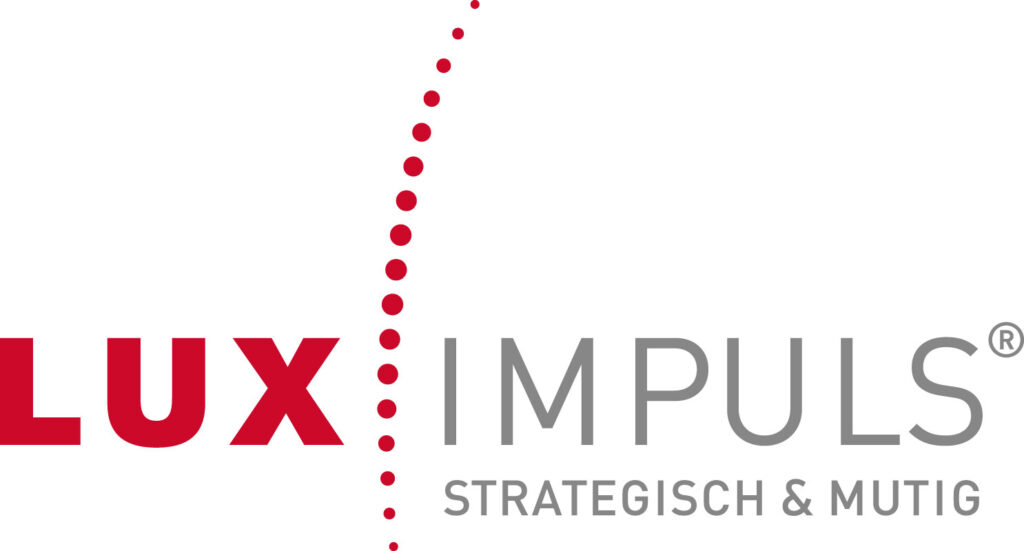


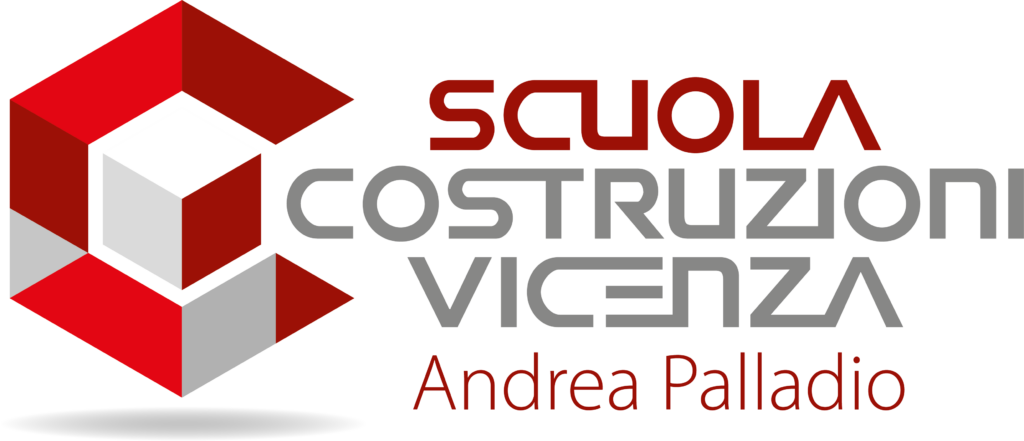
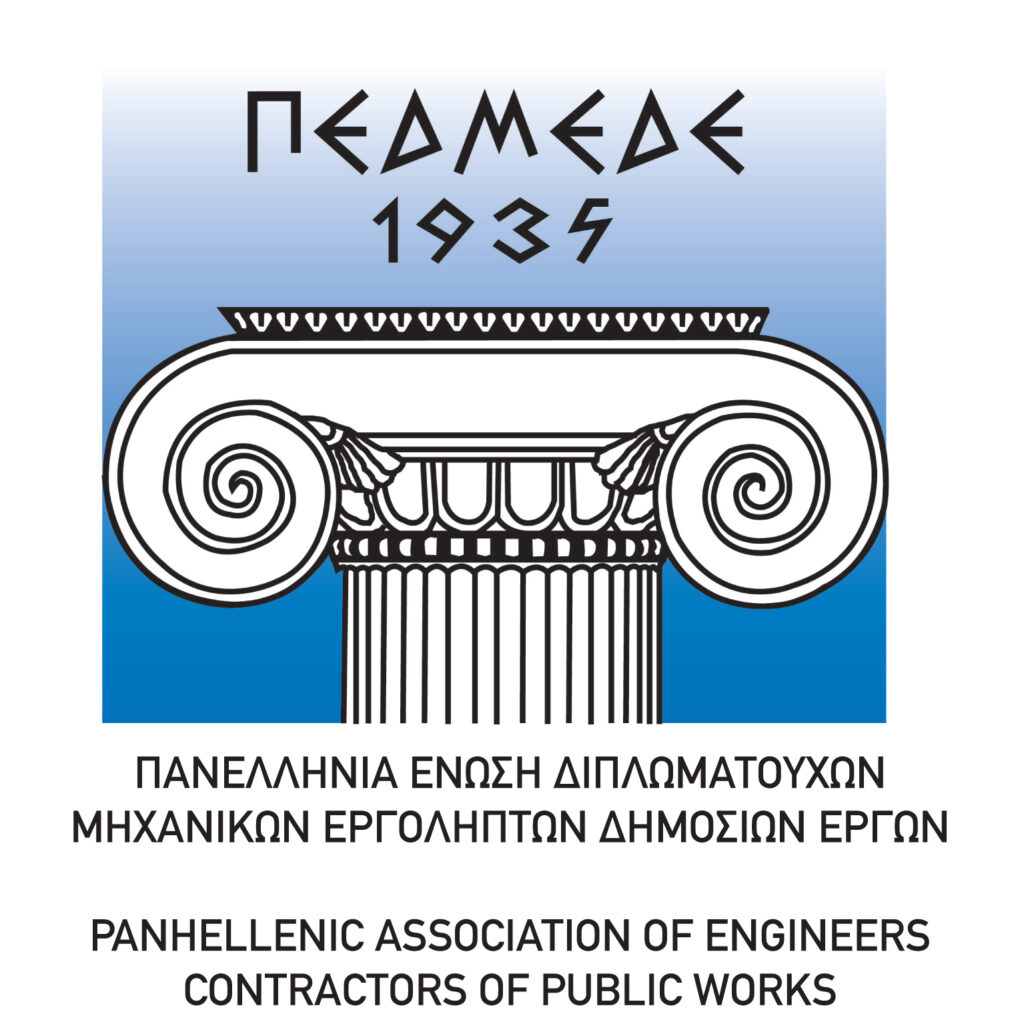

What is it all about?
The aim of job orientation is to prevent people dropping out of training.
How do we achieve it?
We concentrate on
- Improving career guidance
- Professionalising the recruitment process
- Including the important onboarding phase
What will we work on?
- Methodology for matching the competences of applicants with the requirements of the company
- A guideline with suitable recruiting and onboarding measures
- Training for companies on how to use these tools effectively in the recruiting and onboarding process
How do we achieve our goals?
At JOB, we focus on improving career guidance, professionalising recruitment and also incorporating the onboarding phase. This primarily involves providing individualised support for new trainees or new employees right from the start in order to compensate for deficits and ensure a successful transition into the team.
Methodology
In order to improve the matching between the applicants‘ professional interests and the companies’ expectations of the applicants, the companies‘ requirements are compared with the applicants’ skills. To this end, a methodology is being developed to match the applicants’ existing competences with the skills required by the companies.
The starting point is the companies’ requirements of the applicants. The focus is on qualifications, knowledge, skills, competences and soft skills that are important for the companies in the respective partner countries. Similarities and differences between the partner countries are identified. Potential analyses are used to compare the companies‘ expectations with the applicants’ skills. The aim is to develop a methodology that is easy for companies to implement.
Recruiting and onboarding guide
Tools that companies can use for recruitment and to support onboarding are assigned in line with the requirements of the companies. It is worked out how companies can adapt and use these tools according to their requirements and the prerequisites of the applicants.
Training for companies
In addition, training is being developed for the companies on how to use the tools as part of their recruitment and onboarding processes. The training is aimed at the company employees responsible for recruitment. They learn how to use the developed methods and tools in their companies in a targeted manner. The training is carried out by vocational training centres.
Projectpartners
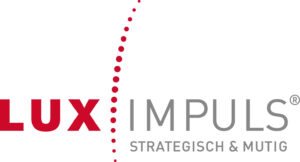
Lux Impuls specialises in vocational training, with a focus on the industrial and technical sector. We focus on vocational orientation, recruitment and, above all, the retention and personal development of trainees. We are involved in EU-funded Erasmus+ projects for vocational training, organise delegation trips by vocational training experts from abroad and contribute our expertise in the sub-Saharan region.

Founded in 1948, Scuola Costruzioni Vicenza Andrea Palladio is a leading educational institution specialising in construction training. Based in Vicenza, Italy, the school is recognised for its excellence in training highly qualified technicians and professionals who are able to meet the ever-evolving demands of the modern construction industry.
The school offers three-year vocational programmes leading to a qualification as a construction worker, followed by an optional fourth year leading to a diploma as a construction technician. With a strong emphasis on practical and innovative teaching methods, students gain both operational and construction skills.
The school maintains close relationships with industrial companies and offers valuable practical experience and strategic co-operation. Through active participation in international projects, it promotes innovation, sustainability and progress in the construction sector.
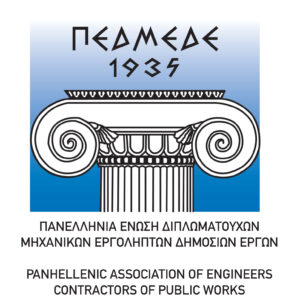
The Panhellenic Association of Engineers Contractors of Public Works (PEDMEDE), which has represented the Greek construction sector since its foundation in 1935, covers the entire spectrum of companies involved in the construction of public works. PEDMEDE is a key stakeholder in providing feedback and input from the perspective of the Greek construction labour market and is heavily involved in related EU projects and initiatives. PEDMEDE is a statutory member of FIEC, a member of EIC and a member of EDA and has seats in the steering committees of all organisations.
This project has been funded with support from the European Commission. This publication reflects the views only of the author, and the Commission cannot be held responsible for any use which may be made of the information contained therein.



